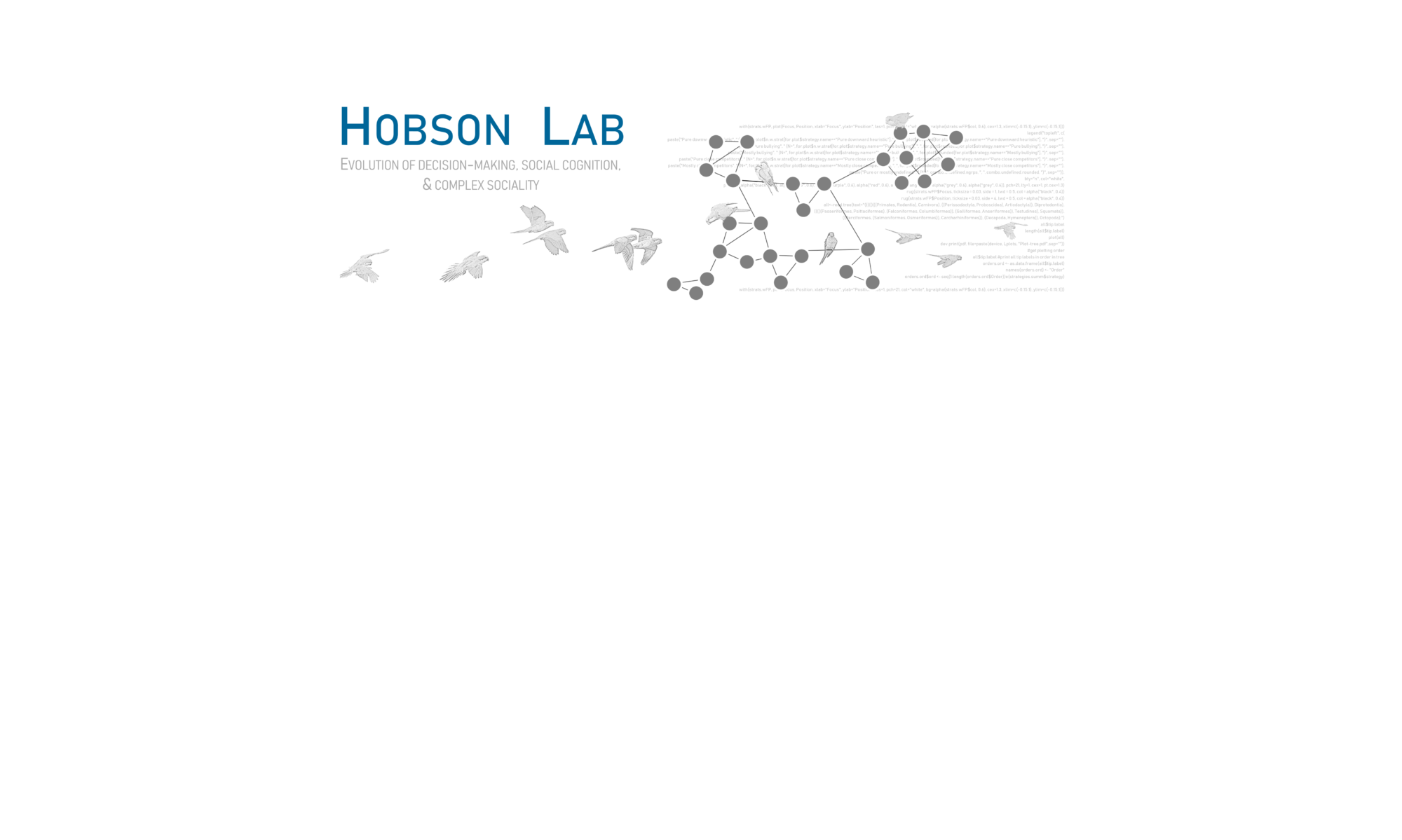My collaborators and I recently posted an update to our preprint “A guide to choosing and implementing reference models for social network analysis”. The paper is a result of a working group meeting at NIMBioS in fall 2019 called “Null models for social behavior“. This was a great working group, a really fantastic team, and a fun writing experience. The revised preprint is available on arXiv.
The revised version is currently back in review at Biological Reviews. Thanks to our anonymous reviewers as well as informal reviews from people reading the preprint! We updated quite a few things in this revision (especially clarifying several sections and some terminology). “BurbilWorld” (written by Matt Silk, who is co first author on the paper) is still included as a large supplemental materials section with many (even more!) worked examples for anyone interested in implementing these ideas in R.
A guide to choosing and implementing reference models for social network analysis
Abstract: Analyzing social networks is challenging. Key features of relational data require the use of non-standard statistical methods such as developing system-specific null, or reference, models that randomize one or more components of the observed data. Here we review a variety of randomization procedures that generate reference models for social network analysis. Reference models provide an expectation for hypothesis-testing when analyzing network data. We outline the key stages in producing an effective reference model and detail four approaches for generating reference distributions: permutation, resampling, sampling from a distribution, and generative models. We highlight when each type of approach would be appropriate and note potential pitfalls for researchers to avoid. Throughout, we illustrate our points with examples from a simulated social system. Our aim is to provide social network researchers with a deeper understanding of analytical approaches to enhance their confidence when tailoring reference models to specific research questions.





